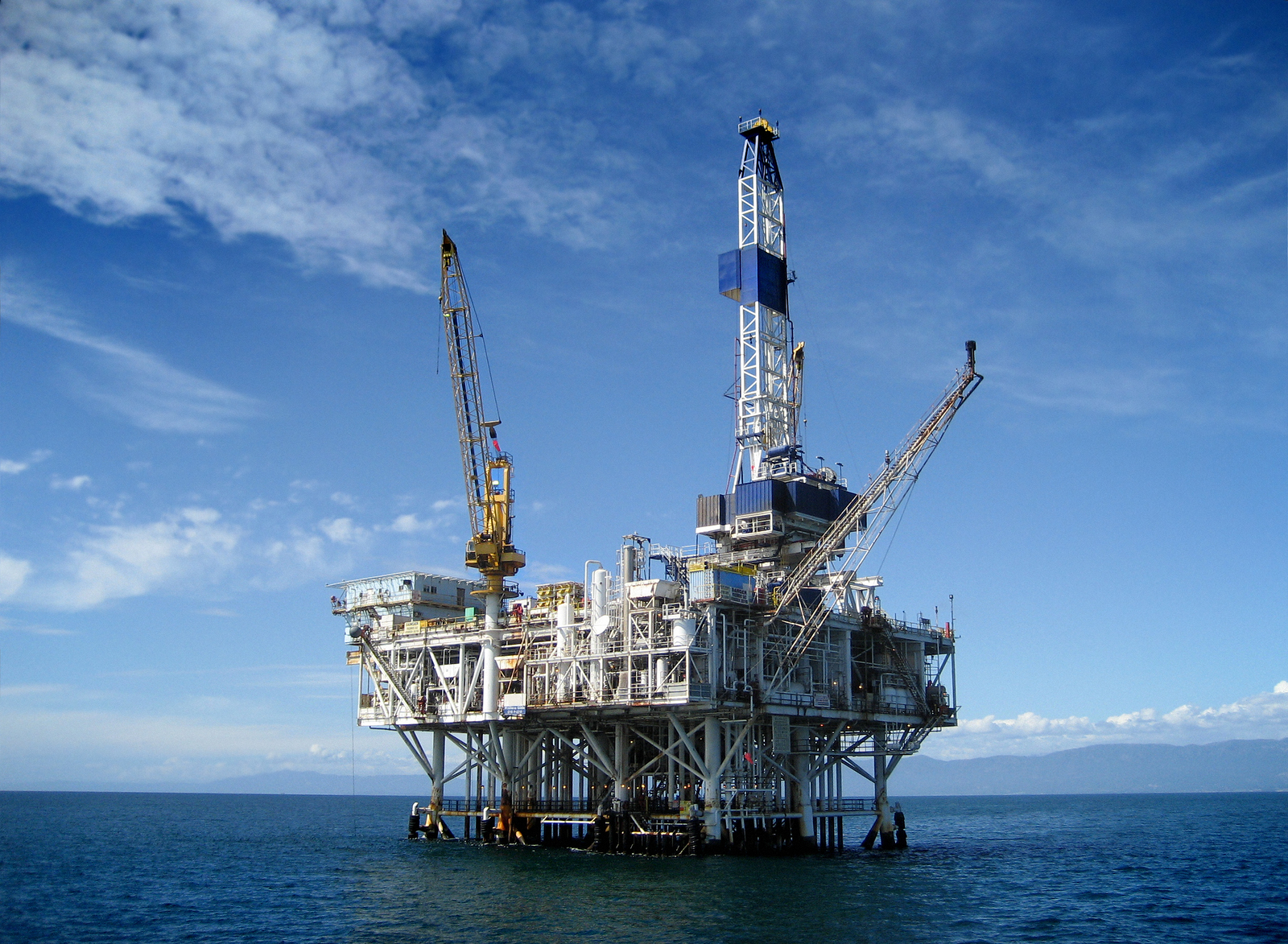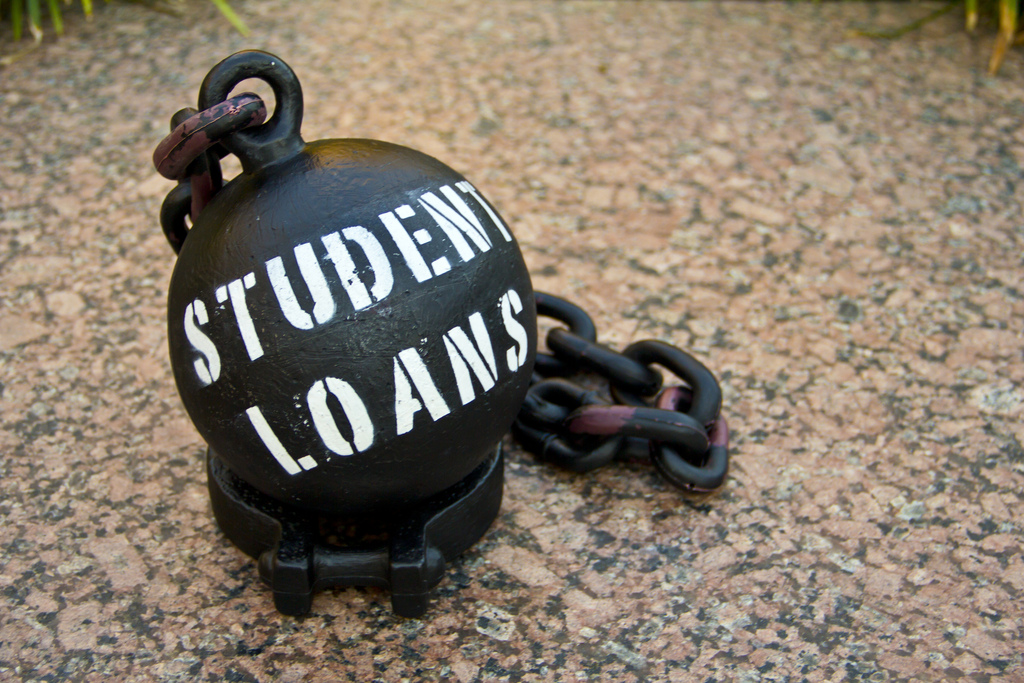O
n July 15, 2015, the Bank of Canada dropped interest rates to a mere 0.5 percent, further decreasing the value of the Canadian dollar, allowing it to reach 2009 levels- the last time the country was in recession. Officials have steered clear from employing the ‘R-word’, but pessimistic predictions for this year’s GDP growth highlight the difficult state of Canada’s economy. Although there has been debate on the severity of the country’s woes, the causes have generally been agreed upon: Mainly, the critical plunge in the prices of several primary resources.
The Petroleum sector was hit particularly hard with prices almost cut in half last June after a stable high of US$115 per barrel. This image undoubtedly paints Canada as a victim of the globalized economy. Yet, further examination into the politics of oil prices shows a different picture: The state of Canada’s economy is a side effect of a much deeper rivalry in lands far far away.
On June 5 2014, major oil producers gathered in Vienna at the semiannual OPEC (Organization of the Petroleum Exporting Countries) meeting to discuss levels of oil production. Like all commodities, the price of oil is set based on supply and demand: If there is a decrease in production and stable demand, price will increase, and vice versa.
At the time, experts predicted that global demand for oil would decrease because of slowing economic growth and more energy-efficient systems on the market, which would eventually drop the price of oil. Many argued that OPEC members needed to cut energy production in order to counter low demand, and maintain the high price of oil. Saudi Arabia and its GCC (Gulf Cooperation Council) allies disagreed forcing OPEC members to exit the meeting on an impasse. The price of oil plummeted the next day.
The biggest loser in the GCC’s collusion is undeniably Iran. Unlike the Arab Monarchies who hold vast cash reserves and yearly surpluses, Iran’s economy has been crippled by western sanctions; it’s heavily reliant on its oil exports at 100$/barrel to balance its budget. When the price of oil went bellow US$70 per barrel, further crippling its economy, Iran accused Saudi Arabia and its allies of plotting against it. Iran’s President Hassan Rouhani stated: “The fall of the oil prices is not just something ordinary and economical, this is not due to only global recession. The main reason for it is [a] political conspiracy by certain countries against the interest of the region and the Islamic world”.
In a region of small war-ridden countries fuelled by sectarian tensions, Iran and Saudi Arabia are respectively the Shi’ite and Sunni regional giants. They have long been pitted against each other in proxy conflicts across the Middle East, funding their ‘clients’ primarily through their oil wealth. One example of this ‘cold war’ is currently taking place in Yemen: Saudi Arabia launched an offensive to maintain the Sunni government, which has been under siege by the Iran-backed Shi’ite Houthi rebels. Saudi Arabia could certainly have decided to limit Iran’s ability to finance hostile clients by cutting their oil revenues.
Nevertheless, most experts do not think this conspiracy is a plausible one. Although the Kingdom’s institutions are far from transparent, its officials are very cautious about Saudi Arabia’s single most important source of revenue. Instead, it is argued that unlike other oil producers, GCC states do not require fracking or other expensive oil extracting methods, and they do not suffer from debilitating sanctions that complicate oil extraction and export.
The lower prices are a gamble: They are hoping to increase their market share by decreasing the profitability of alternative sources. If Saudi Arabia had decided to take the ‘safe route’ and cut production to maintain high prices, it would have certainly benefited its rivals Iran and Russia. In other words, the effect on Iran seems to be cautious one, without being the Kingdom’s primary motivation.
With the recent alleviation of sanctions on Iran, it’s unclear if Saudi Arabia’s gamble will pay off. What remains certain is that as long as Canada remains reliant on commodities, it will continue to be affected by opaque decisions being taken in lands far far away.



